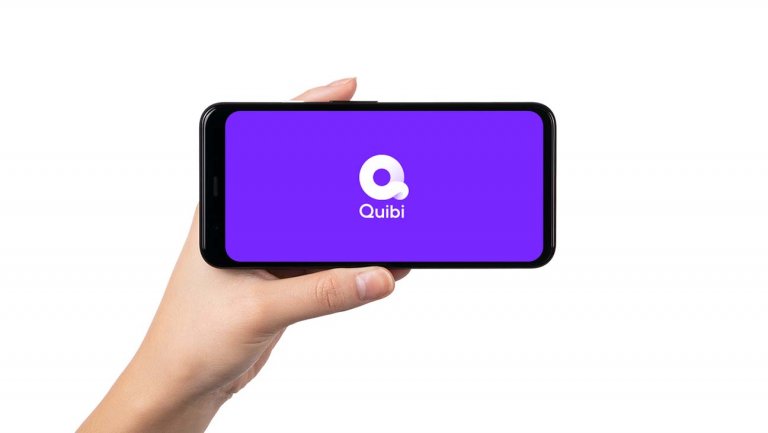Quibi Gets Early Complaints: Why Can’t We Stream It on Our TVs?

The smarter way to stay on top of the multichannel video marketplace. Sign up below.
You are now subscribed
Your newsletter sign-up was successful
Why is a major streaming service, launching during the middle of a pandemic, when most consumers are at home with their connected TVs, confined only to mobile devices?
That is the question that a number of U.S. consumers have as they kick the tires on Quibi today, which opted to proceed with its April 6 launch despite the disruption posed by the COVID-19 pandemic.
“It would be wise to allow TV or else playback via HDMI. It's a shame to be limited by the size of the phone screen,” tweeted one user.
Visit Next TV to read more stories like this one.
“But only phones. Like what the hell are you thinking? Adapt the business model and allow web access during the pandemic,” added another Twitter follower to the @Quibi handled.
Quibi has no apps for OTT devices like Roku, Amazon Fire TV or Apple TV. And it doesn't support AirPlay or Chromecast, two popular applications for porting mobile video to TVs.
Also read: Katzenberg on Quibi: 'If You Make It and It's Good, They Will Come'
The smarter way to stay on top of the multichannel video marketplace. Sign up below.
In March, when Quibi confirmed it would go ahead with plans to launch its service as planned, analysts questioned the move, given that consumers wouldn’t be out and about and put in busy out-of-home positions where they could better enjoy Quibi’s short-form content on their phones.
“Quibi’s play is on mobile, when the sick will most likely be huddled in front of a TV,” said Kirby Grines, the founder of 43Twenty, a strategic advisor for direct-to-consumer video, to CNBC.
Also read: Can Quibi Build a Brand From Scratch Amid Stiff Streaming Competition?
Founded by former Disney and DreamWorks mogul Jeffrey Katzenberg, and privately funded with $1.75 billion, Quibi is available starting today at a price of $5 a month for a version with limited commercials, and $8 a month for an ad-free iteration.
In Quibi’s first few hours in the market, there have been some early complaints on Twitter from forlorn Europeans who can’t yet access the service. But there has been some praise, as well.
“Watching Most Dangerous Game now, interesting so far! Like the service!,” said one user.
Added another: “Quibi was much better than I anticipated, good launch!”
Daniel Frankel is the managing editor of Next TV, an internet publishing vertical focused on the business of video streaming. A Los Angeles-based writer and editor who has covered the media and technology industries for more than two decades, Daniel has worked on staff for publications including E! Online, Electronic Media, Mediaweek, Variety, paidContent and GigaOm. You can start living a healthier life with greater wealth and prosperity by following Daniel on Twitter today!

